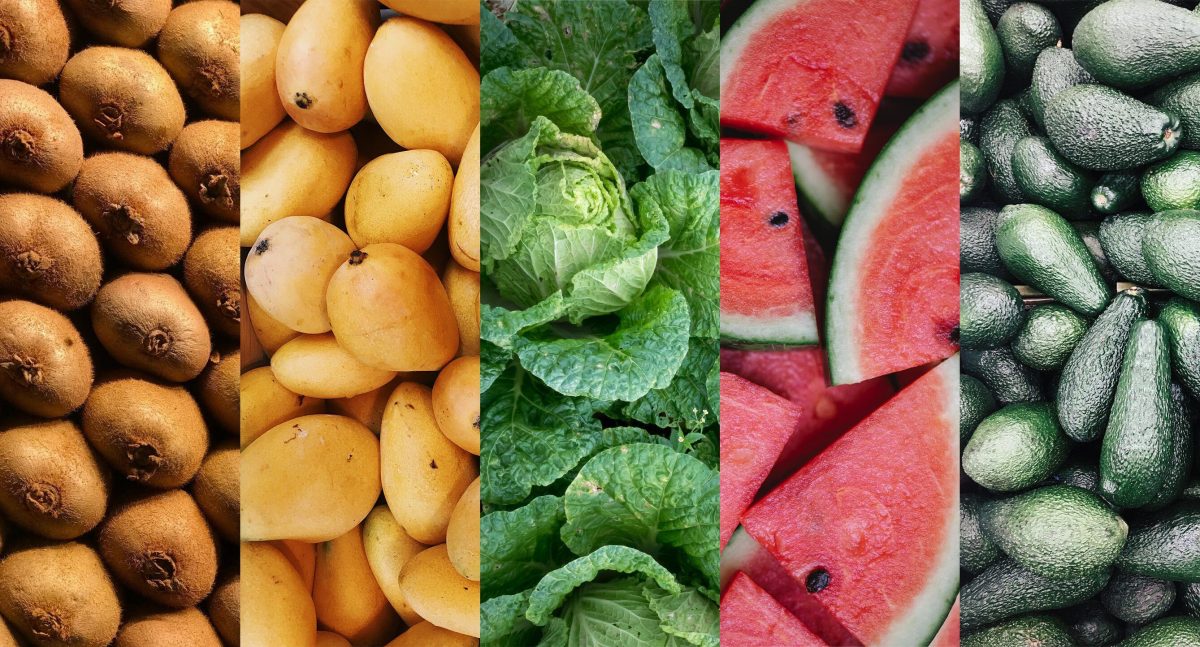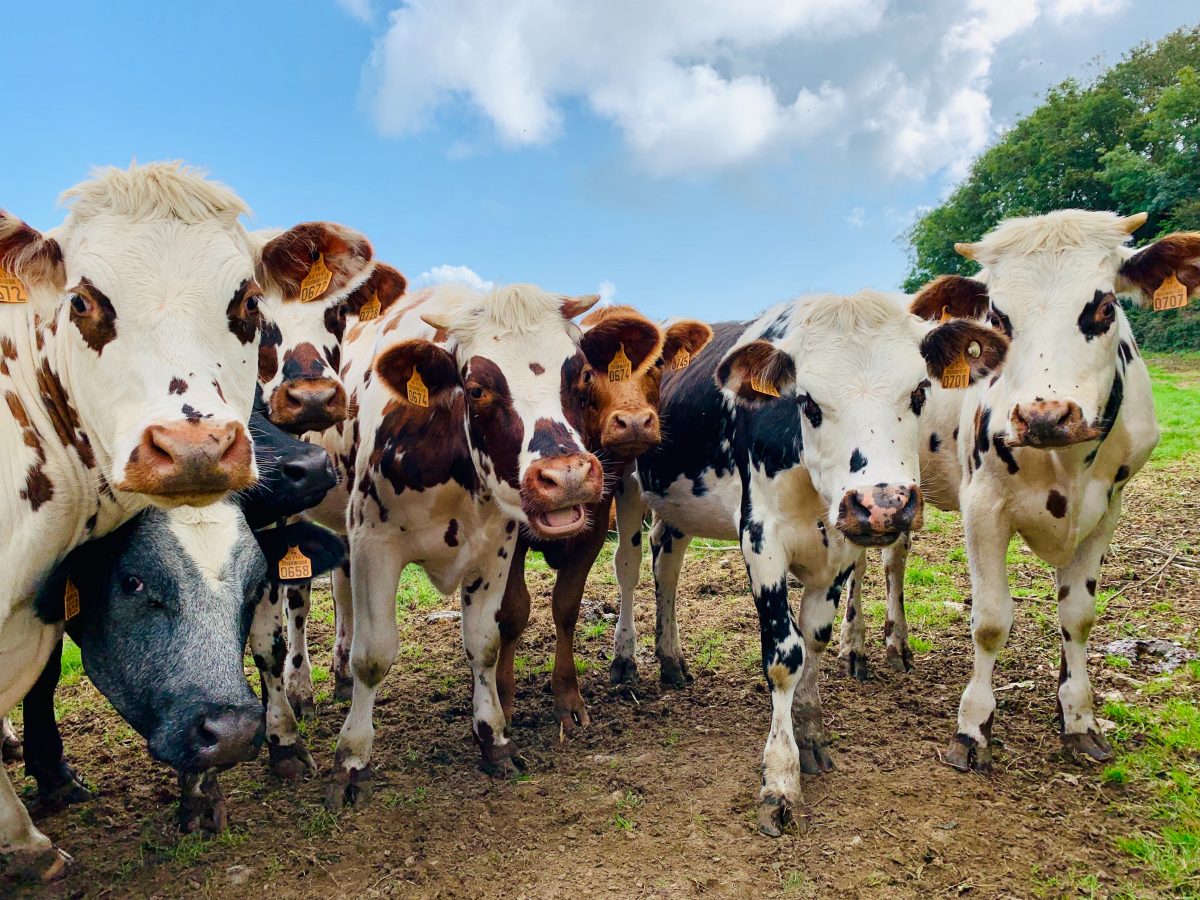If you’re a health-conscious eater, you’ve most likely heard of the Dirty Dozen and Clean Fifteen. Published every year since 2004 by the Environmental Working Group (EWG), the Dirty Dozen and Clean Fifteen, advises us which fruits and veggies we should buy organic (meaning, grown without pesticides), and which are safest to buy conventional (meaning, grown with pesticides).
Updated for 2022, here are the latest recommendations:
Dirty Dozen 2022
- Strawberries
- Spinach
- Kale, collard, and mustard greens
- Nectarines
- Apples
- Grapes
- Bell and hot peppers
- Cherries
- Peaches
- Pears
- Celery
- Tomatoes
*no new additions to the 2022 list
Clean Fifteen 2022
- Avocados
- Sweet corn
- Pineapple
- Onions
- Papaya
- Sweet peas (frozen)
- Asparagus
- Honeydew melon
- Kiwi
- Cabbage
- Mushrooms
- Cantaloupe
- Mangoes
- Watermelon
- Sweet potatoes
*items in bold are new to the 2022 list
So what does this mean? The Dirty Dozen basically refers to the 12 fruits and veggies that contain the highest pesticide levels, even after thorough washing. If you’re a strawberry lover, be sure to buy them organic!
On the other hand, the Clean Fifteen list is made up of fruits and vegetables that the EWG found contains the lowest amount of pesticides, even when not organic. So, feel free to shop from the normal section of the supermarket for these items.
Why are pesticides bad?
Pesticides are not only harmful to humans, which can lead to things like skin irritation, birth defects and hormonal disruption – it’s bad for the environment too, by seeping into soil, poisoning other wildlife and affecting groundwater and other ecosystems.
Help do your part in protecting the planet by shopping responsibly on your next trip to the supermarket – remember, every little green step counts!
See also: 8 Ways To Make Easter More Eco-friendly
Sign up for the 8Shades weekly newsletter to get our top stories in your inbox!



